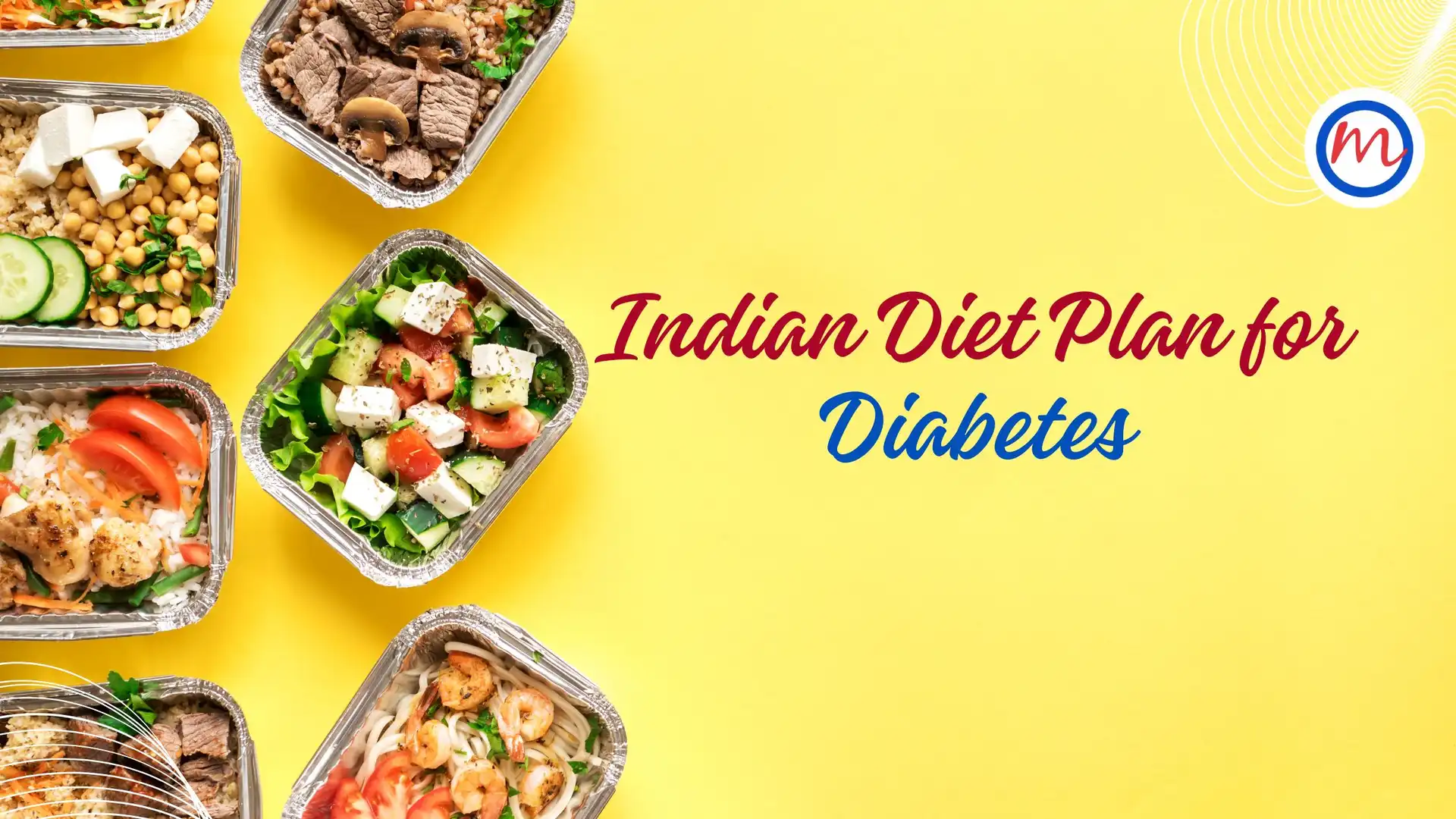The famous rule of Hippocrates, the 5th Century BC Greek physician, is: “Let food be thy medicine, and let medicine be thy food.” It comes full circle in an age when science points a finger at food. Scores of studies now show that many chronic metabolic conditions are caused by chronic gut inflammation. And, that, the main driver of gut inflammation is food. That has made “anti-inflammatory diets” the flavour of the season.
First, what is inflammation? Your immune system becomes activated when your body recognises anything as a foreign invader—a microbe, a plant pollen, or a chemical. This often triggers a process called inflammation, which kills the invader and protects your health.
Sometimes, however, inflammation persists, even when you are not threatened by a foreign invader. That’s when inflammation can become your enemy. Many major diseases that plague us—from diabetes to heart disease, depression to cancer—have been linked to chronic inflammation.
Foods that fan the fire

There are foods that contain unhealthy ingredients that can cause an adverse reaction, and therefore inflammation, in the body. These pro-inflammatory foods can range from highly processed foods (breakfast cereals, refined carbohydrates, such as white bread and maida, tinned vegetables, savoury snacks, microwavable convenience foods, ready meals, cakes and biscuits to soft drinks), to red meat and eggs (unless you find chickens fed their natural diet), gluten, table sugar, high fructose corn syrup, artificial sweeteners and casein proteins (found in dairy) to trans fats, vegetable oils high in omega-6 fatty acids (soybean, canola, corn, cottonseed, sunflower, peanut, sesame, rice bran) and nutrient-poor foods with empty calories (fast-foods, sugar-sweetened beverages, grain desserts, high-fat milk, dairy desserts). They can all set off the inflammation alarm in your gut cells. Beyond food, seemingly harmless pills— pain killers, antibiotics, acid blockers, birth control pills —can also bring on the inflammatory cascade.
The Mediterranean diet

The solution is to look for an anti-inflammatory eating plan, that is a more natural and less processed. For instance, the Mediterranean diet. Research shows that it reduces the risk of a host of diseases: heart disease, cancer, type 2 diabetes to Parkinson’s and Alzheimer’s. First, it’s a diet that replaces butter with healthy fats, such as extra virgin olive oil as the main source of fat. Olive oil has monounsaturated fatty acid and antioxidants, that are good for the heart, various cancers and age-related cognitive disorders. Include fatty fish, which are rich sources of long chain omega-3 fatty acids, good for the heart and cholesterol. Heart disease risk is associated with red meat—cut it down to once a month. Use poultry and eggs moderately. Remember, one-quarter or less of your plate should be left for meat or fish. Generally, the Mediterranean diet recommends fish, poultry, eggs and sweets to be consumed once a week
Vegetables should fill half your plate. High consumption of vegetables especially green leafy vegetables makes this diet heart-protective (also better lipid profile, blood glucose and immunity). Whole grains (unpolished and organic, millet, quinoa, sorghum, wheat flour) should fill one-quarter of your plate. Nuts, seeds and legumes (high in heart-friendly alpha-linolenic acids, soluble fibres, proteins, vitamins, minerals) are recommended, along with chickpeas, peas, lentils, beans, walnuts, peanuts, flaxseed, chia and pumpkin seeds. Fruits are also a good source of anti-oxidants and can be consumed as permitted for people with diabetes. Compared to Indian diets, there is limited use of dairy in the Mediterranean diet, with weekly consumption of a small amount of fat-free or low-fat dairy (such as yogurt, which is associated with lower carotid artery thickness and higher HDL (good cholesterol) levels. It also uses herbs and spices, instead of salt to flavour foods, along with daily use of antioxidant herbs and spices (such as garlic, onion, dill, oregano and curry powder).
The new science of diets

Like the Mediterranean diet, the approach is a balanced eating plan, , whole, unprocessed, largely plant-based foods, whole grains, fish, tea and even dark chocolate. In general, an anti-inflammatory diet should include tomatoes, olive oil, green leafy vegetables, nuts like almonds and walnuts, fatty fish and fruits such as pineapples, oranges, pomegranate, jamun and so on.
The Dietary Inflammatory Index (DII) developed in 2014, a research compilation of over 1,900 studies into foods that affect inflammation, list the following as the most anti-inflammatory nutrients: flavones (red-purple vegetables), Isoflavones (legume, soy, tofu); beta carotene’s (orange vegetables), flavonols (onions, kale, broccoli and fruits like apples and berries), omega-3 fatty acids (fatty fish, flax seeds, walnuts and chia seeds), vitamin C (citrus fruits, papaya, tomatoes, coloured peppers and potatoes). Turmeric, ginger, green and black tea also score favorably on the DII chart.
The first science-based diet guideline designed by 30 top global scientists in 2019, The Planetary Diet, advocates a dream world of nutritious food. To sum it up: red meat and sugar consumption should be cut by half, while healthy foods (such as fruits, vegetables, legumes and nuts) doubled. A person following this diet should eat less than 50g per day each of eggs, fish, sugar and meat, but add 300g of non-starchy vegetables, with 250g of dairy, 200g of fruits, along with unsaturated plant oils.
The controversial foods
To maximize nutrition while minimizing inflammation, beware of controversies that surround certain foods. After years of vilification, eggs have made a comeback as the new super food. But are they anti-inflammatory? In a 2008 study, published in Nutrition and Metabolism, it was found that those put on a low-carb diet that included eggs had significantly less CRP (blood marker for inflammation) than another group that did not eat eggs. The research highlighted the anti-inflammatory effects of the egg: because of the HDL “good” cholesterol in eggs and the antioxidant lutein found in the yolk, which lowers inflammation. Yet research consistently shows eggs are high in pro-inflammatory omega-6 fatty acids. The point is: chicken that are fed soy and corn, rather than their natural diet, tend to have eggs with higher omega-6. So, if you eat eggs, choose omega-3-enriched eggs from hens that are fed a flax-meal-enriched diet or organic eggs from free-range chickens.
Controversy surrounds oats, too. It is now fairly well-known that most breakfast cereals are largely junk food in disguise, but porridge oats have escaped that labeling. It is considered heart-healthy and a great source of slow-release energy that keep you going through the day. What you need to keep in mind when making a decision is that porridge is a good source of energy: 100g of oats pack in the same energy as five large eggs—about 350-400 kcals. If you lead a sedentary lifestyle, would like to lose or maintain your weight, such high energy foods may not be for you. Oats are also high in phytic acid, that inhibits the absorption of essential minerals—calcium, magnesium and iron. Anyway, if you want to eat oats, avoid instant oats, that get converted to sugar quickly and take whole grain oats.
Avoid added sugar at all cost

Finally, whatever you choose to eat, avoid “Added sugar.” Unfortunately, sugar goes by many names on food labels, making it hard to track how much sugar you actually consume. From sucrose, raw sugar, brown sugar, high-fructose corn syrup, barley malt, dextrose, maltose to concentrated fruit juice—there are more than 60 names for sugar. It also hides in “healthy” foods: bread to tomato ketchup. And, remember, fruit juice is just not the same as eating a fruit: while commercial juices have as much sugar as any soft drink, crushing a fruit, even at home, releases the sugar (sucrose ) in fruits, that can damage the liver.
Click here to know about our Diabetes Diet Services



